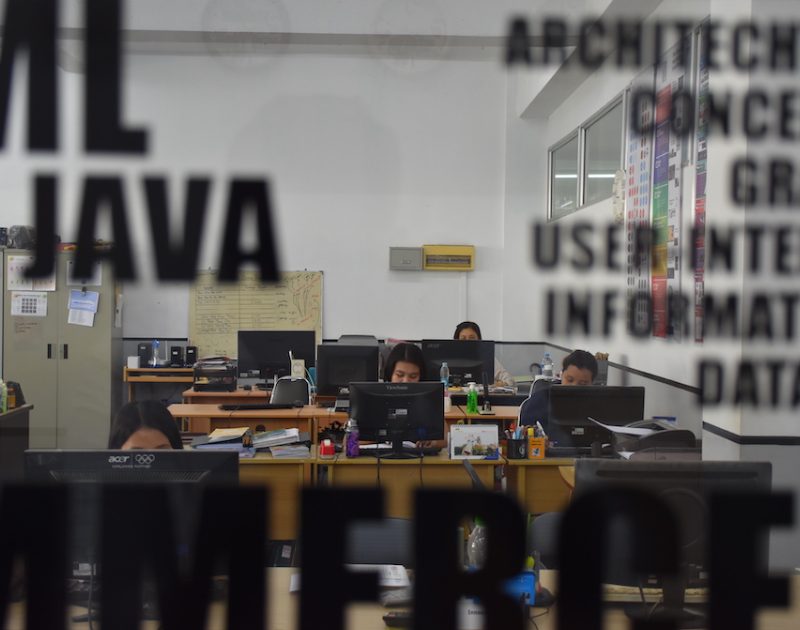
- Home
- Knowledge Insights
- New Working Paper Released: ‘Governance of Digital Technologies in South Asia’
In a new Working Paper published by CSF, three researchers who focus on technology issues co-authored a review of key digital policy frameworks in South Asia, particularly four countries in the region. It is the first such analysis that has been done at a regional level, and also documents the status of key policy and regulatory initiatives adopted, as at the time of writing. Around the world, countries are grappling with the challenge of establishing sensible governance mechanisms for digital technologies that are evolving at a rapid pace. The rise of digital technologies has been accompanied by attempts to regulate the use of these applications and their impact on society. Governments are having to balance considerations around privacy, security, ethics and inclusion, alongside the need to leverage the role of digital technologies in economic dynamism, job creation, innovation and globalization. The growing salience of cybersecurity and data privacy, alongside concerns over content moderation and facial recognition, have highlighted the need for governments and businesses to adopt stricter regulations to address the ethical, political, and legal issues related to the use of digital technologies, while simultaneously harnessing their social and economic potential. Regulating the digital domain is arguably one of the most important cross-cutting issues facing governments, with wide-ranging implications for businesses, civil society organisations, and the public.
This Working Paper provides an overview of digital technology governance in selected South Asian countries (Sri Lanka, India, Bangladesh, Pakistan and Maldives), across four areas – data protection and privacy, cybersecurity, artificial intelligence, and online mis/disinformation – the choice of which is informed by their significance for South Asian countries. The paper finds that while there are some commonalities in approaches being taken to policy making, there are some vital differences. The article provides a unique contribution to the literature on digital technology governance, but also strategic issues in the region. This paper also does not find evidence of substantive regional cooperation on governance of digital technologies, despite many of these countries being at similar stages in technology adoption and in policy initiatives. To that end, the paper also puts forward some recommendations for potential regional cooperation areas to consider, which could be taken on by regional and sub-regional cooperation bodies in South Asia – for instance, the Indian Ocean Rim Association (IORA) and the South Asia Association for Regional Cooperation (SAARC). The authors of this Working Paper are Anushka Wijesinha, Gayani Hurulle, and Anarkalee Perera.
Download and read the full paper here – CSF Working Paper 1 – Governance of Digital Technologies in South Asia.


